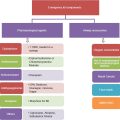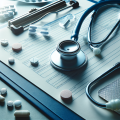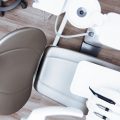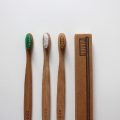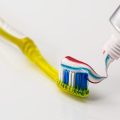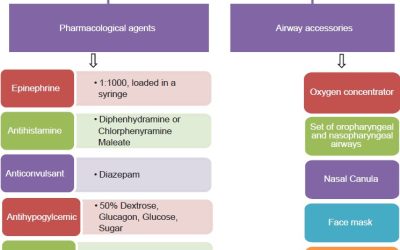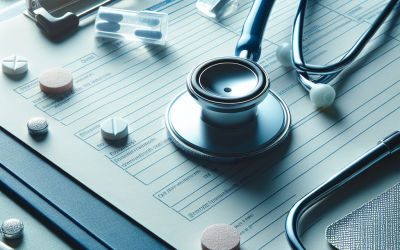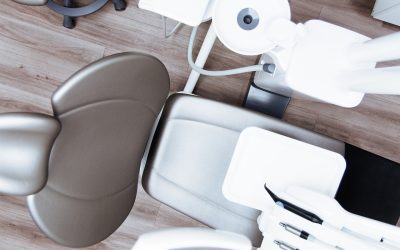So, you find yourself in a bit of a dental emergency, huh? Whether it’s a sudden toothache or a chipped tooth from a not-so-fortunate incident, there’s no denying the stress and discomfort that comes with it. Fortunately, there are a few simple steps you can take to prepare yourself for that emergency dental visit. From gathering your dental records to having a list of any medications you’re currently taking, being prepared can help ease your nerves and ensure a smoother experience. In this article, we’ll walk you through exactly how to get ready for that unexpected trip to the dentist.
Before the Appointment
Gather necessary information
Before going to your emergency dental appointment, it’s important to gather all the necessary information. This includes any relevant medical history, dental records, and insurance information. Having these documents on hand will help the dental staff understand your situation better and provide you with the appropriate care.
Look for emergency dental clinics
In case of a dental emergency, it’s crucial to know where to go for immediate treatment. Take some time to research and locate emergency dental clinics near you. Make a list of their contact information so that you can call them and inquire about their availability before heading over.
Check if your insurance covers emergency dental visits
Emergency dental visits can be costly, so it’s essential to check if your insurance covers these types of visits. Contact your insurance provider and inquire about the coverage for emergency dental care. This will help you understand if you need to pay out-of-pocket or if your insurance will handle the expenses.
Preparing for the Pain
Take over-the-counter pain medication
If you’re experiencing dental pain before your emergency dental appointment, taking over-the-counter pain medication can help alleviate the discomfort. Ibuprofen or acetaminophen are commonly recommended to manage dental pain. Remember to follow the instructions on the packaging and consult with a healthcare professional if you have any concerns.
Apply a cold compress
Another way to temporarily relieve pain and reduce swelling is by applying a cold compress to the affected area. This can be done by wrapping a bag of ice or a cold pack in a thin cloth and gently placing it on the outside of your cheek where the pain is located. Keep the cold compress on for around 15 minutes at a time, with breaks in between.
Avoid hot or cold foods and drinks
To prevent exacerbating any dental pain or sensitivity, it’s best to avoid consuming hot or cold foods and drinks. Extreme temperatures can trigger discomfort and increase sensitivity in your teeth. Stick to room temperature or lukewarm foods and beverages until you can receive proper dental care.
Handling the Emergency Situation
Stay calm and assess the situation
During a dental emergency, it’s natural to feel panicked or anxious. However, it’s important to stay calm and assess the situation objectively. Take a deep breath and carefully examine the problem. Is your tooth chipped, loose, or knocked out? Understanding the extent of the emergency will help when seeking treatment.
Keep the tooth or fragments protected
If you’ve managed to keep the tooth or any fragments intact, it’s crucial to protect them. Gently place the tooth or fragments in a clean container with either saliva or milk. Avoid touching the root of the tooth and refrain from rinsing it off. Preserving the tooth or fragments properly will potentially increase the chances of successful re-implantation.
Clean your mouth gently
In case of bleeding or debris in your mouth, it’s important to clean the area gently. Rinse your mouth with warm saltwater to help disinfect the area and reduce the risk of infection. Take care not to rinse too vigorously as this may further aggravate any injury or damage.
Managing Dental Injuries
Chipped or fractured tooth
If you have a chipped or fractured tooth, it’s essential to seek immediate dental attention. Rinse your mouth with warm saltwater to clean the area and reduce the risk of infection. Avoid chewing on the affected side and opt for soft foods instead. It’s vital to have the tooth evaluated and potentially repaired to prevent further damage.
Loose tooth
A loose tooth can be a distressing situation, but it’s important not to panic. Gently try to reposition the tooth back into its original position, being careful not to force it. Avoid biting or chewing on the affected tooth and opt for a soft diet. Make sure to seek prompt dental care to evaluate the situation and determine the best course of action.
Knocked-out tooth
If your tooth has been completely knocked out, quick action is crucial. Hold the tooth by the crown, not the root, and rinse it gently with saliva or milk. Avoid scrubbing or touching the root of the tooth. Try to reinsert it back into the socket if possible, or place it in a container with saliva or milk to keep it moist. Time is of the essence, so seek immediate dental care for the best chance of saving the tooth.
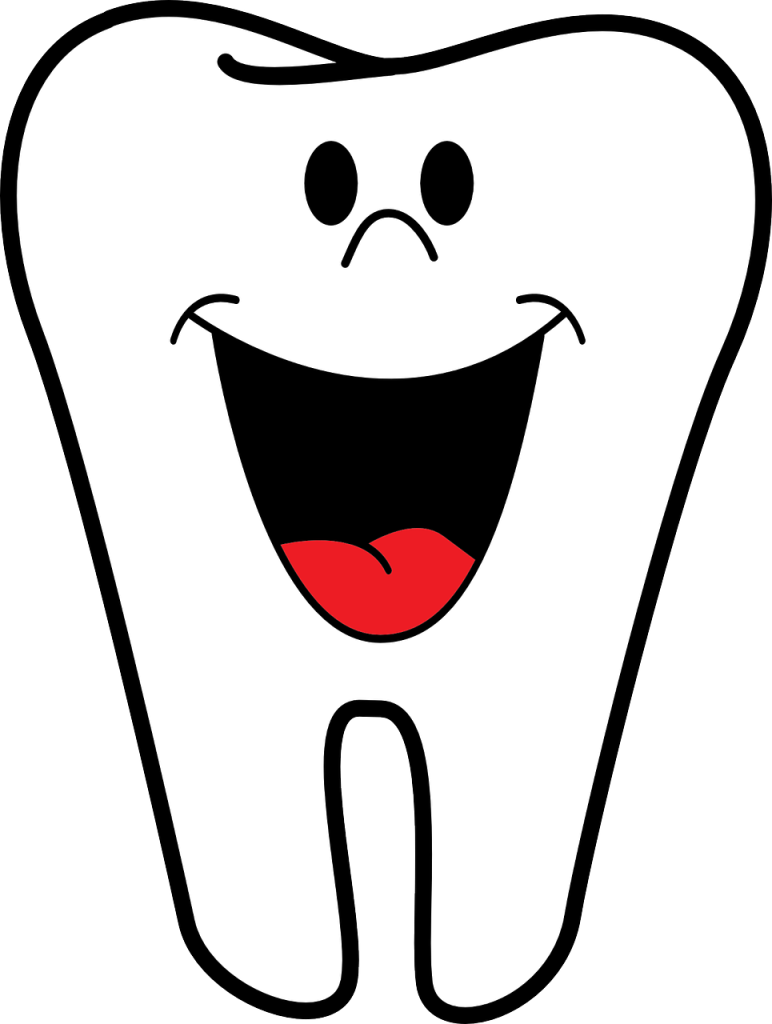
Preparing Your Dental Records
Gather previous dental records
Before your emergency dental visit, it’s helpful to gather any previous dental records you may have. This includes X-rays, dental treatment history, and any relevant medical reports. Having this information on hand will provide the emergency dentist with valuable insights into your dental health and aid in developing an appropriate treatment plan.
Make a list of current medications
It’s essential to provide your emergency dentist with a list of any current medications you are taking. Some medications can affect dental treatments and anesthesia, so it’s important for the dental team to be aware of any potentially relevant medications. This will help ensure your safety and provide you with the best possible care.
Prepare your contact information
Make sure to have your contact information readily available when going for an emergency dental visit. This includes your phone number, home address, and any other relevant details. In a dental emergency, time is of the essence, and having your contact information easily accessible will help expedite the process of getting the care you need.
Arriving at the Emergency Dental Clinic
Bring necessary documents
When arriving at the emergency dental clinic, it’s important to bring all the necessary documents with you. This includes your identification, insurance information, and any previous dental records you have gathered. Providing the dental staff with these documents will help streamline the registration process and ensure that you receive the appropriate care quickly.
Arrive on time
To ensure a smooth and timely experience at the emergency dental clinic, it’s important to arrive on time for your appointment. Emergencies can be unpredictable, and the dental staff may have a tight schedule to accommodate other patients. Arriving promptly will help ensure that you receive timely care and minimize any potential delays.
Inform the receptionist about your emergency
When checking in at the emergency dental clinic, it’s crucial to inform the receptionist about your dental emergency. Describe your symptoms and the nature of your dental issue to give the dental staff a better understanding of your situation. This will help prioritize your case and ensure that you receive the appropriate care as soon as possible.
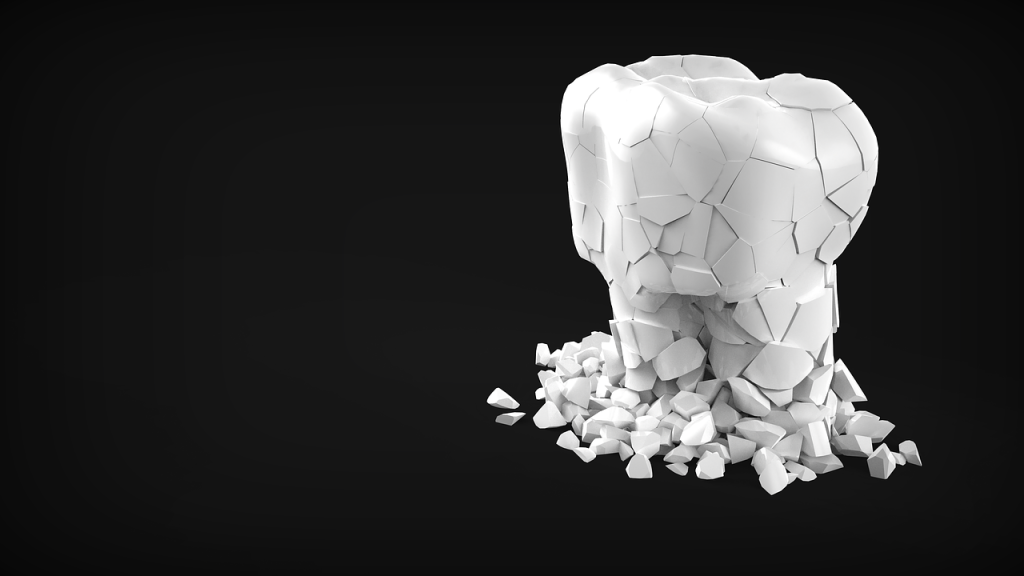
Paying for Emergency Dental Care
Contact your insurance company
Before your emergency dental visit, contact your insurance company to understand their coverage for emergency dental care. Inquire about any pre-authorization requirements or specific procedures they may need for reimbursement. Understanding your insurance coverage will help you plan for any out-of-pocket expenses and avoid any surprises regarding payment.
Inquire about payment options
If you don’t have dental insurance or your insurance doesn’t cover emergency dental visits, it’s important to inquire about payment options. Ask the dental clinic if they offer any payment plans, discounts, or financing options. They may have flexible arrangements available that can help make the cost of emergency dental care more manageable.
Discuss the cost with the dental clinic
During your appointment, don’t hesitate to discuss the cost of the emergency dental care with the dental clinic. Ask for a breakdown of the costs associated with the treatment options being recommended. This will give you a clear understanding of the financial aspect of the emergency dental visit and allow you to make an informed decision.
Emergency Dental Visit Expectations
Physical examination
During your emergency dental visit, expect a thorough physical examination of your oral cavity. The dentist will visually inspect the affected area, looking for any signs of damage or infection. They may also gently touch or tap the tooth to assess its stability and sensitivity. The physical examination is essential in determining the extent of the dental emergency and developing a treatment plan.
Diagnostic tests
In some cases, the emergency dentist may need to perform diagnostic tests to gather more information about your dental condition. This can include X-rays, which help visualize the internal structures of your teeth and jaw. These tests provide valuable insights into your oral health and aid in accurate diagnosis and treatment planning.
Discussion of treatment options
Once the physical examination and diagnostic tests are complete, the emergency dentist will discuss the available treatment options with you. They will explain the advantages, disadvantages, and potential risks of each option. This discussion allows you to make an informed decision based on your priorities, dental health, and financial considerations.
Questions to Ask During Your Appointment
Duration of treatment
One important question to ask during your appointment is the expected duration of the treatment. Understanding how long the treatment will take can help you plan your schedule and make any necessary accommodations. Some treatments may require multiple visits, while others can be completed in a single session.
Recovery period
It’s also important to inquire about the expected recovery period after the emergency dental treatment. Depending on the nature of the procedure, you may experience temporary discomfort or restrictions on activities such as eating certain foods. Knowing what to expect during the recovery period will enable you to make any necessary arrangements and take proper care of yourself.
Possible complications
Dental procedures, even emergency ones, can come with potential complications. It’s essential to ask your emergency dentist about any possible complications associated with the proposed treatment options. Understanding these risks will help you make an informed decision and be prepared for any potential outcomes.
Post Visit Instructions
Follow-up appointments
After your emergency dental visit, you may need to schedule follow-up appointments for further treatment or assessment. It’s important to adhere to these appointments to ensure the success of your dental treatment and monitor your progress. Follow any instructions given by your dentist regarding post-treatment care and recommended follow-up visits.
Home care instructions
Your emergency dentist will provide you with specific home care instructions based on your treatment. This can include recommendations for oral hygiene practices, dietary restrictions, and instructions for any prescribed medications. Following these instructions diligently will help promote healing, prevent complications, and maintain the success of your emergency dental care.
Preventing future dental emergencies
During your post-visit discussion, don’t forget to ask your emergency dentist for tips on preventing future dental emergencies. They may provide guidance on oral hygiene practices, lifestyle habits, and preventive measures to reduce the risk of dental emergencies in the future. Being proactive in your dental health will help minimize the chances of experiencing another dental emergency.
